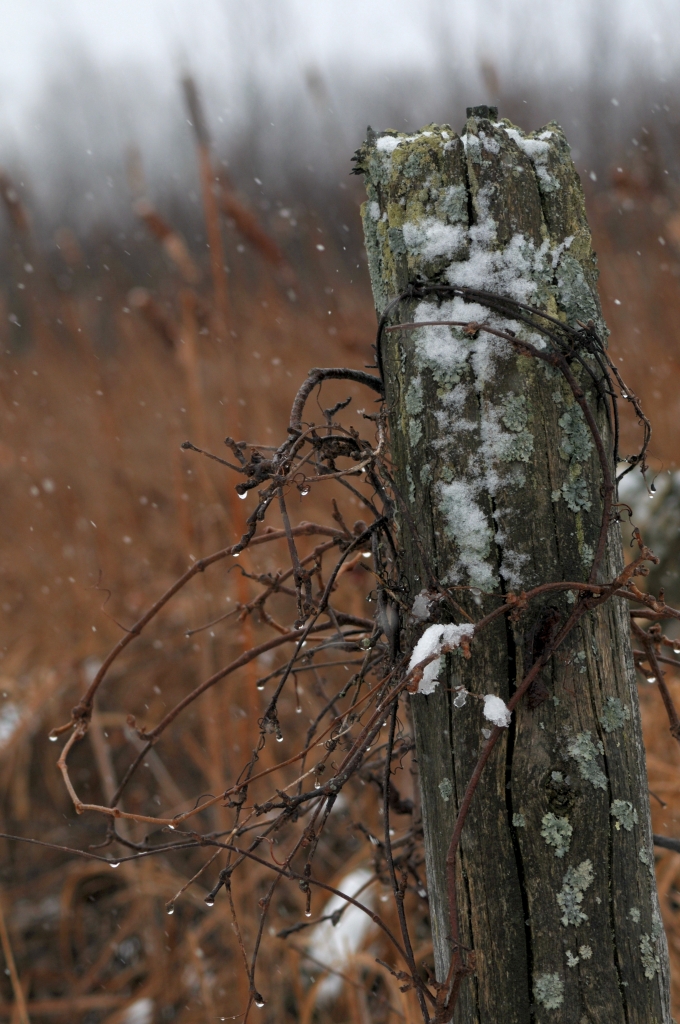So – how’s everybody doing?
Look folks – there’s a million reasons that this time of year is so hard on people. But in a nutshell, here’s how it works: the rest of the year, you may be struggling. You may have PTSD, or depression, or a disability or chronic pain. Even if you don’t, you might have financial worries, or your marriage might be teetering on the brink, or you may be estranged from your family. Hey – your life might be like a country song, and you may have checked off everything on this list and then some…
But, the rest of the year, it’s easier to see that other people’s lives aren’t perfect either, even if it feels like they aren’t struggling anywhere near as much as you are.
Then – along come The Holidays. Christmas carols start playing nonstop on the radio, and suddenly – it seems like all these other people start getting happy and excited about the holidays. It feels like overnight, the whole world took a magic happy pill or something.
It feels like everyone but *YOU* got the happy pill; they’re all suddenly excited about the holidays, and you’re still feeling exactly as awful as you were before. Only now, seeing how happy everyone else seems just makes you feel all the more alone. It was easier to blend in and mask your misery somehow when everyone else was just “okay”; when they’re this happy, it might make you feel like you just stick out like a sore thumb. And it all just reminds you of how much you’re hurting.
…And that, in a nutshell, is why this time of year is so hard on people who are struggling to begin with.
So – what do you do about it?
First – and most importantly – realize that this feeling, like you’re all alone and no one else understands how you’re feeling – that’s part of how depression messes with your head. The fact is – $11 billion was spent on antidepressants last year, and they were the most frequently dispensed medication.
Folks – that’s a whole lot of people who don’t feel happy, and they all feel worse at this time of the year.
You are far from alone. But, depression makes you feel alone. It makes you feel lonely; but, it also makes you want to crawl under a rock and be all alone.
So, coping is a gentle balance – it involves not pushing yourself to do too much, but also not feeding the depression monster by giving in and just crawling under a rock.
There’s no quick, easy fixes – especially at this time of year. But, it’s a seasonal thing, so it’s especially important that you don’t stop doing things that were working for you before, and reach out for help when you need it.

I’d love to have you share your thoughts, comments, and questions. If you do post a comment, please don’t give specific details of your trauma – these may be triggering to another reader. If you’d like to offer criticism, I’ll take it – I know I’m not perfect, and I’m always willing to learn. If you do offer criticism though, I’d really appreciate it if you could do so constructively (ie., no name-calling, please). Thanks…
You can find me on Twitter and on Facebook.
~ Dr. Dee Rajska, C. Psych.
*Fine print: Please feel free to share the link to this blog wherever you think it might be helpful! Reading this blog is a good start, but it’s no substitute for professional help. It takes a different kind of courage to admit to yourself that you’re struggling. PTSD is not a sign of failure – it’s a sign that you’ve been through a lot, and have tried to stay strong for too long. If you need help – you’re in some pretty great company. Reach out, and give yourself a chance to feel better.
**Really fine print: The content of Coming Back Home is copyrighted; please feel free to share the link, but do not copy and paste content. Unless otherwise noted, all original photography on Coming Back Home is copyrighted. The photo gracing today’s post was taken by Murray Chappell, and I’d like to thank him for generously allowing me to use his work. Please do not copy photographs from Coming Back Home without permission.










